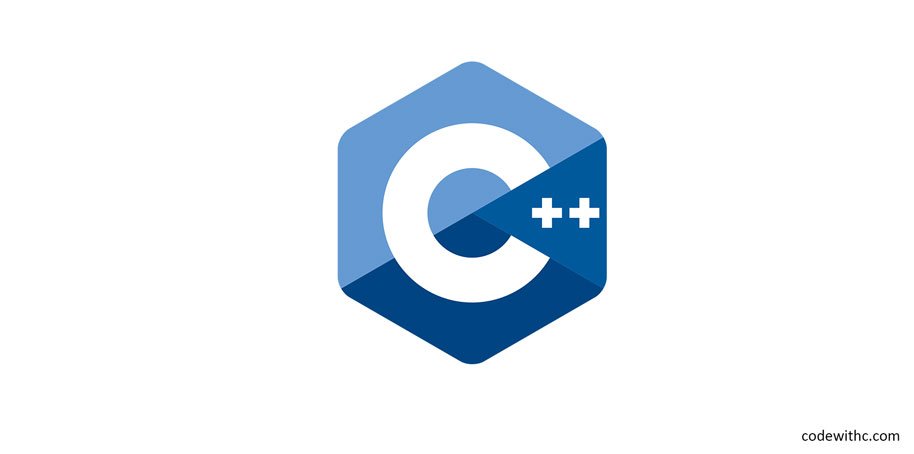Hey, tech aficionados! ? Ever been to an orchestra? The way each instrument plays its part, contributing to a harmonious melody? In the world of C++, functions are like those individual instruments, each playing its unique tune to create a coding symphony. Ready to conduct your own code orchestra?
The Essence of Functions: Setting the Stage
Functions are the unsung heroes of code, allowing us to compartmentalize and reuse logic. Just like how each instrument has its role in an orchestra.
Crafting Your First Function
Every symphony starts with a single note. Let’s craft our first function and see it in action.
#include <iostream>
using namespace std;
void greet() {
cout << "Hello from the function world!" << endl;
}
int main() {
greet();
return 0;
}
Code Explanation: A simple function named greet that, when called, prints a greeting. The main melody starts in main(), but our function adds its own twist.
Expected Output:
Hello from the function world!
Parameters: The Varied Notes
Just as instruments can play different notes, functions can take in varied inputs, called parameters, to produce different outputs.
Return Types: The Grand Finale
While some instruments set the rhythm, others deliver the grand finale. In functions, the return type is like that final note which concludes a musical piece.
Crafting Meaningful Returns
Sometimes, our functions need to give something back to the main melody.
#include <iostream>
using namespace std;
int add(int a, int b) {
return a + b;
}
int main() {
int sum = add(5, 3);
cout << "The sum is: " << sum << endl;
return 0;
}
Code Explanation: Here, we’ve got a function named add that takes two integers as parameters and returns their sum. It’s like blending the tunes of two instruments to produce a harmonious sound.
Expected Output:
The sum is: 8
Overloading: The Encore Performance
In music, encores add a fresh twist to a familiar tune. In C++, function overloading allows us to present a familiar function in new ways, suiting different needs.
The Magic of Multiple Versions
One function name, multiple parameter types. It’s like playing the same tune in varied styles!
Alright, code maestros, that’s our musical journey through C++ functions for today! Functions add depth and versatility to our code, just as instruments bring richness to music. And before we wrap up, here’s a golden nugget – did you know C++ was developed by Bjarne Stroustrup at Bell Labs in the early ’80s? It’s like the classical era of coding!
In conclusion, when you dive into C++, remember that each function is a note in your coding symphony. Keep composing, keep innovating, and until next time, let the music play! ??







